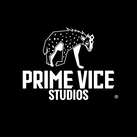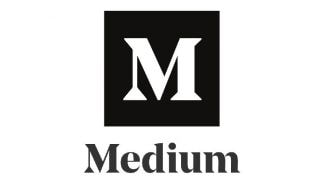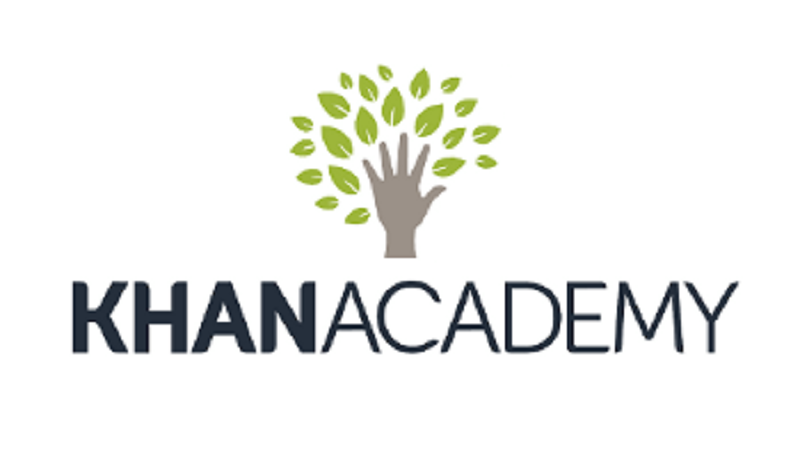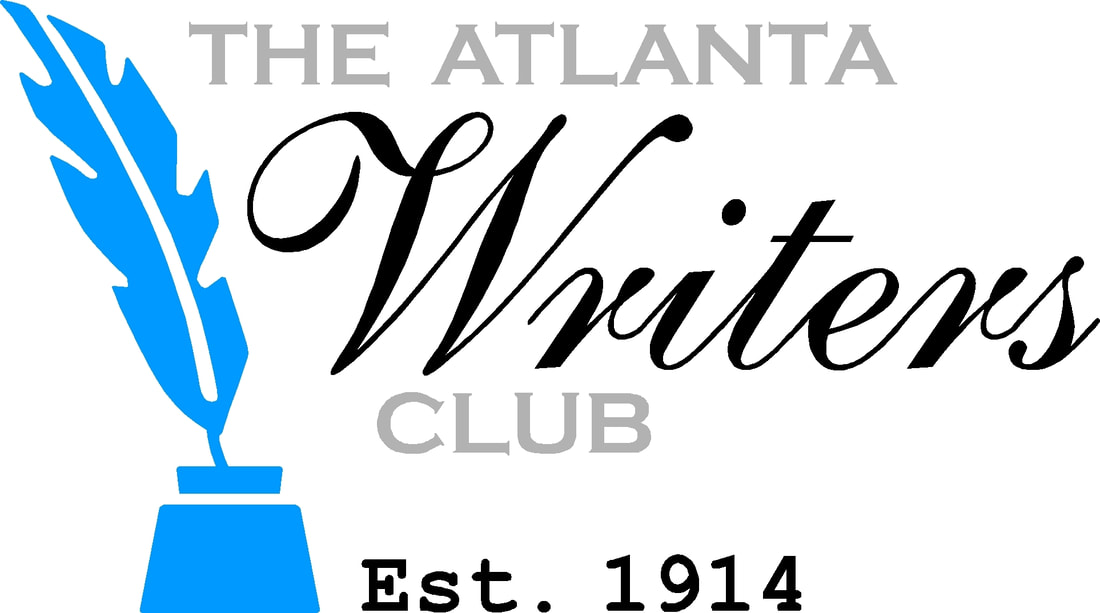|
I had the pleasure of interviewing Kelly Lan, the founder of Hello Prosper which is an educational organization raising awareness for Asian American history and culture through workshops and a beautiful children’s book. Check out Kelly’s story and her inspiration behind Hello Prosper. 1. What is your profession? I am a visual storyteller. I take complex systems and concepts and make it digestible for the everyday consumer. Currently I work at a bank–a little dry I know, but the projects here poses awesome challenges. My team focuses on creating mobile and web applications using copy and visual cues to ensure our customers are having the best experience using our app. We want to delight, educate, and convert customers to love our brand and keep coming back. This methodology of putting users needs and desires first is my secret weapon. I go into every project kind of like an investigator, designing products based under extreme uncertainty and then testing to see what our customer thinks in small sprint cycles, which then disproves or approves our theories. It keeps everyone humble with a tremendous amount of empathy. Innovation is never an easy task, but I think this formula of being a lifelong learner has kept me sharp and successful in whatever venture I take on. 2. Tell us about the project you are working on. Why & how did you get into this project? While my 9-5 is working at a bank, my 5-11 job is curating a history book for young readers featuring women of Asian descent and their incredible true stories. I decided to undertake this project mostly for two selfish reasons. First, ever since I was young, I always had a strong empathy towards others, molded my actions so to not inconvenience my parents or strangers. This behavior skewed me to be less risk-averse and put my needs and wants secondary. Now that I’m approaching 30 and have a better grasp in life’s affairs (I think ha) I’m putting myself first and it feels great! The second reason I’m pursuing this project is also because it’s a great business opportunity. This book features women of Asian descent who have influenced American history and culture. The concept of Asian Americans as a racial group is still new, and I think in the past few years we are starting to organize to help Asian Americans be elected into office. Additionally, from a data standpoint, Asian Americans are less than 7% of the population, so most people will not pursue this kind of project simply because the numbers aren’t there. Because this segment is largely ignored, there is less competition in this space, less competition means great opportunity to stand out. One last reason why this product is important. Asian American history is not offered in school curriculum until college – this to me, is unacceptable. The period between middle and high school is the most vulnerable, a time when kids are exploring their identity and building their values. At home, this book will encourage immigrant parents to talk more openly with their kids about their heritage. For the third, fourth, fifth generation Asian Americans, this book reaffirms that we have shaped America in critical movements, like fighting in WWII and the leading the civil rights movement alongside Malcolm X. I am serving an underserved community of kids and parents that are not equipped with the knowledge of their forefathers/mothers. I want kids to have the confidence to talk to their friends about their Asian-ness as a sign of power and pride than a social disadvantage. 3. What do you wish you would have known about this project before you started working on it? The amount of energy it takes! Luckily, I like to keep busy so that facet hasn’t been so bad. I think the hardest challenge is getting over impostor syndrome. This is my first time compiling a book with short stories and writing is not my strong suit. But there is always a solution to a limitation. I decided that collaborating with writers who are better than me was the best route in bringing this project to life. My role is to oversee the work to ensure consistency and to create a desirable product. I have scoured the bookshelves in my market competition and identified the best passages by one factor: did I have an emotional connection to the story? Finally, by taking in all the best techniques I’ve observed, I created a standardized guide deck to allow all the writers to align to. We’re in the process of creating the stories, so hopefully we get positive feedback once we test the stories! 4. How do you organize a budget for this type of project? Great question. I’ve had the discipline of not spending more than I can afford, and cutting out extraneous items to allowed me to funnel a budget into the project. For example, I opt to drink the office free coffee as opposed to a Starbucks coffee. These small habit changes have provided more focus on what is important to me. This discipline along with my privilege of being debt-free has given me the confidence to manage a budget for the specialized work needed for this endeavor. 5. What are some obstacles you have faced in your profession & in developing this project as a woman of color? I’ve never been promoted at a corporate job and that has always bothered me to some extent. Only when I threatened to leave a job or actually leave do I get that offer. I’m not sure if its an obstacle, but it does raise suspicion on the perception of what a leader looks like. I’m at a point where titles don’t matter to me as much as in my early 20s. So now I’m not waiting around for other’s accolades, I’m just doing me and it feels liberating. 6. What advice would you give to women of color who want to follow your path? Imagination is a powerful tool. Find a team and build it. Humans have the ability to think up something they have not yet experienced, this separates humanity with all other species in the world. Thank you Kelly for your insight into how to create projects that represent our community and for the work you are doing! As you all may or may not know, I am very excited and proud to be a part of this project with Kelly. She is working very hard to get this book together and I will update you all when it is ready for your eyes! Until then, you can follow the journey of the creation of this book at the Hello Prosper Instagram page. You can also follow Kelly and her beautiful left-handed calligraphy on her Instagram page. Hopefully you found Kelly’s interview as inspiring as I did. If you have questions or thoughts about her interview or her project, please feel to leave a comment below.
You can sign up for my newsletter at the bottom of the page for updates on my writing, my workshops, and my events. The next blog will be more #browngirlwrites stories. Until then… Happy Writing! :) Find me on social media. Links at the bottom of the page 👇🏽 Art by Loso F. Perez of Prime Vice Studios
0 Comments
I’m back with more content for my women writers of color! Check out this video to see what I’m going to be talking about… Thanks for watching! I will be doing more interviews, sharing my novel writing process and much more! In addition to creating content and writing for a living, I also teach! If you need help getting your creative or academic writing skills up, contact me here. You can sign up for my newsletter at the bottom of the page for updates on my writing, my workshops, and my events. Stay tuned for more #browngirlwrites blogs. Until then… Happy Writing! :) Find me on social media. Links at the bottom of the page 👇🏽 Art by Loso F. Perez of Prime Vice Studios
I’m super excited to share with you all this inspiring interview I had the privilege of doing with the hilarious and talented Sujata Day from HBO’s Insecure!
We were all huge fans of CeeCee from the popular YouTube series The Misadventures of Awkward Black Girl. I discovered the show back in college and stayed up late watching episodes while procrastinating on homework every night. Now the webseries has evolved into one of the biggest shows on HBO,Insecure, and Sujata Day has evolved in her career from an actress to a screenwriter and director as well. She graciously took time out from her busy schedule to share her journey with us. 1.) What inspired you to want to become a screenwriter and actor? Did you have family/friends that were in the industry or were you compelled to do it on your own? I didn’t have any family or friends in the industry. In middle school, I was determined to be a part of a group. So I tried out for every sport and activity— cheerleading, tennis, rifle team, so many others. I didn’t make any group or any team. But I didn’t let rejection stop me and kept trying out for the next thing. Finally, I auditioned for the school musical, Showboat, and got cast in the ensemble. I had one line that made the audience laugh every night. That was it. I caught the bug! 2.) How did you get into acting/screenwriting? What path or major life decisions did you take to get into the industry? I majored in engineering in college, but was a couple classes away from a minor in theater. I took a semester of playwriting and a semester of screenwriting, right before I moved to LA. I studied abroad for a year in Sydney, Australia, where I dove headfirst into studying acting and performing in plays. While living in Sydney, I made the decision to move to LA to pursue acting as soon as I graduated.
3.) Fan Girl moment: I’ve been a huge fan of you and Issa Rae since The Misadventures of Awkward Black Girl YouTube series came out. How did you get involved with that project? Can you tell us a little bit about ABG and its evolution into Insecure?
I joined Twitter about eight years ago, mostly for networking. Shout out to @filmtvdiversity for tweeting out producers/directors/filmmakers every day. I followed Issa Rae and she followed me back. A couple days later, Issa tweeted she was looking for a mixed girl to play her best friend on a web series. I responded and told her I wasn’t mixed, but she told me to come in anyway. I went to her house for an audition and a couple hours later, I booked the job. The road from Awkward Black Girl to Insecure is no overnight success story. ABG was Issa’s third web series. I don’t think any of us realized how popular ABG was until the Kickstarter raised over $50k. That’s when Pharrell jumped on board to fund season two and we were STOKED. The pilot of Insecure was shot three years after Issa started working with HBO. Issa told me there was a small role for me in it if I was interested, with the potential for the character to grow. I, of course, said yes!
4.) Let’s talk about Cowboy and Indian. What inspired this unique story/concept? You are the lead actress and director in that film. How was that experience?
I love early Tarantino films. With Cowboy and Indian, I wanted to answer the question: what if one of the brides in Kill Bill were Indian? Writing, producing, directing, and starring in it was a blast because I had 100% creative control. It was incredibly educational and fun bringing to life a personal project from inception to final cut. 5.) What is your screenwriting process? Do you have a set strategy? How do you know a project is complete? I know people who write every day. I’m not one of those people. I write when inspiration hits and hole myself up for a couple days or weeks and bust out a first draft without censoring myself. My first drafts are pretty horrendous. Writing is all about rewriting, so after I vomit out the first draft, I put it away for a week or so and then dig into a second draft. I send my second draft to two or three people I trust to give me honest and helpful notes and work on subsequent drafts after that. My finished product varies from project to project. If I’m working independently, I just decide when I’ve done enough rewrites and call it a day. It’s different when I’m working with a production company because they are the ones who decide when a draft is finished and ready to send out. 6.) Do you feel you are compensated fairly for the work you do in your industry? Yes. It’s important to know your worth in this industry but also take chances on projects and people. Sometimes, I agree to specific projects not because of the pay but because of an interesting script/role, who I’m working with and the potential for future collaborations. Shout out to my amazing lawyers Bob and Jennifer! 7.) What are some obstacles you have faced in your profession as a woman of color? By writing my own roles, I have turned every obstacle into an opportunity. As an actor, sometimes you’re just not auditioning for lead roles because of what you look like. The only way to change how the industry sees you is to produce your own content, which is as easy as shooting something on your phone. Don’t complain, create.
8.) What are some opportunities you have come across in your profession as a woman of color?
I’m getting to work with some amazing people in the industry who are dedicated to amplifying the voices of marginalized storytellers. I have a workplace comedy at Charles King’s MACRO, a family comedy at John Legend’s Get Lifted, and a supernatural dramedy with Super Deluxe and Stephanie Allain’s Homegrown. It’s an invigorating time right now, where many of the doors which were previously closed have now been blown wide open. 9.) What advice would you give to women of color who want to follow your career path? For example, what do you wish you would have known about your profession before you started working in it? Don’t wait for people to give you opportunities. You have to create your own opportunities. Tell your own “authentically you” story and produce it. Shoot it on your phone, and post it on YouTube or Vimeo. Don’t worry about how fast or slow your peers are moving along up the Hollywood ladder. Support your friends and celebrate all wins, not matter how small or big. Keep your blinders on, work really hard, and don’t expect handouts. The right people will notice your work whether it’s ten years down the road or twenty. Keep in mind, this industry is a marathon, not a sprint, and if you’re not in it for the long haul, you’re not in it. Thank you Sujata Day for your useful insight into the entertainment industry and your amazing words of wisdom on what it takes to make your dreams come true! You can learn more about Sujata Day at https://www.sujataday.com/ Follow her on Instagram and Twitter @sujataday
Hopefully you found Sujata Day’s interview as inspiring as I did. If you have questions or thoughts about her interview or her projects please feel free leave a comment below.
You can sign up for my newsletter at the bottom of the page for updates on my writing, my workshops, and my events. My next blog will be more #browngirlwrites stories. Until then… Happy Writing! :) Find me on social media. Links at the bottom of the page ?? Art by Loso F. Perez of Prime Vice Studios  Tales from la Vida: A Latinx Comics Anthology by Frederick Luis Aldama Tales from la Vida: A Latinx Comics Anthology by Frederick Luis AldamaMy rating: 5 of 5 stars Tales From La Vida: A Latinx Anthology is a graphic novel filled with some of the most talented Latinx artists and writers in the country and edited by distinguished Ohio State University professor Frederick Luis Aldama. This is the type of book you read in one sitting. The vast variety of styles in cartooning and intimate storytelling make it impossible to put down. Artists like Crystal Gonzalez and Jamie Crespo explore their struggle with identifying as Latinx. Artists like Breena Nuñez Peralta and Carlos “Loso” Pérez explore the complicated experience of being labeled and identifying as Afro-Latinx. Artists like Ivan Velez Jr. and Kelly Fernandez explore family traditions and folklore. The stories are a beautiful expression of what it means to be Latinx for each individual artist and writer involved. Through their experiences, they show us how they are viewed in the United States by the non-Latinx community as well as within their own families. The unapologetic authenticity of the stories made this one of my favorite graphic novels to date. I highly recommend this book! View all my reviews Veena Rao is the first non-resident Indian woman to start a newspaper outside of India. NRI Pulse is a national newspaper for Indian-Americans that covers national and international news as it pertains to the community. Veena took some time out of her busy schedule of being the Founder and Editor in Chief of NRI Pulse and keeping the community informed to do an interview with me. She shares her wisdom and the challenging journey she took on to create this popular newspaper. What is your profession? I am a print journalist by profession, and own and edit NRI Pulse, an Atlanta based news publication. There is a certificate from the Limca Book of Records hanging in my office that says I am the first Indian woman to edit and publish a newspaper outside India. Why and how did you get into this profession? I loved to write as a child and wrote a full detective novel when I was 12. I studied Economics in college and hated it. I guess it was the love of writing that got me into journalism, even though I now realize that newspaper reporting is less about writing and more about conveying the news in concise words. What did you hope to get out of this career as a professional and on a personal level? Satisfaction. It is wonderful to be able to wake up each morning to do what you love doing. What is something unique you bring as a writer or professional in the industry? The experience I have gathered nurturing my baby over the past 12 years is unique. What do you wish you would have known about your profession before you started working in it? I started NRI Pulse on an impulse! A friend suggested that the community needs a newspaper and I should give it a try. I woke up one morning and decided that I would launch a newspaper. I didn’t have a business plan or capital—just a deep belief that I could do it. Sitting in my living room, it seemed like an easy thing to do. Of course, over the years, I have learned that there is nothing easy about running a newspaper, especially one that relies 100% on advertising revenue. I ran NRI Pulse on a shoestring budget, and did most of the work myself- news gathering, editing, design, layout, newspaper delivery etc. For many years after I moved to the US, I did not drive. I had tremendous road fear. But when I launched the paper, I had to overcome my fear, because I had to drive to over 70 locations across Atlanta and the suburbs to drop newspaper copies at our racks. I bought a car at a pawn shop for $650 and avoided the highways to get from point A to point B. It would take me many days to finish the distribution. I think I did that for six months until I bought a new car and had the confidence to drive on the Interstate. But I think my persistence has paid off in the long run. Today, NRI Pulse is a success story, and a leader in the Indian-American news market. What are some obstacles you have faced in your profession as a woman of color? I have faced many obstacles in running NRI Pulse, but not because I am a woman of color. In the initial years, however, I have had many people (men and women) tell me it cannot be done, because it has never been done before. What advice would you give to women of color who want to follow your career path? Be true to yourself, think outside the box and don’t let others decide what you are capable of doing. Oh, and being persistent helps! Thank you Veena for sharing your wisdom and experience with us! If you haven’t already, go check out the NRI Pulse Newspaper here. Also, follow them on Facebook! Hopefully Veena’s determination to create something her community needed inspired you as much as it inspired me. If you have questions or thoughts about her her interview or about NRI Pulse please feel free leave a comment below.
You can sign up for my newsletter at the bottom of the page for updates on my writing, my workshops, and my events. Next Wednesday’s blog will be more #browngirlwrites stories. Until then… Happy Writing! :) Find me on social media. Links at the bottom of the page 👇🏽 Art by Loso F. Perez of Prime Vice Studios  If They Come for Us by Fatimah Asghar If They Come for Us by Fatimah AsgharMy rating: 5 of 5 stars Ever since I heard that Fatimah Asghar had a book on the way, I was ecstatic. I am a huge fan of hers from her Emmy-nominated webseries Brown Girls, and now I have another reason to love her. If They Come For Us is a beautiful book with stories about war, womanhood, sexuality, religion, identity, race, family, etc. But most importantly, it is a story about us. The story of South Asian-American women. It’s my story. The history she talks about in this book, is the history of my family, the identity crisis she faced growing up in the United States, is my identity crisis. The struggles with womanhood, beauty, and culture she talks about in this book, are my struggles. It is so rare for me to find a book where my story is being told. This is the reason I became a writer. I also love how she finds a way to intertwine tragedy and humor in this book. Humor is not often found in South Asian-American literature, but is often found in our lives and our homes. This book felt like home. My favorite poems were Oil and Microaggression Bingo. Oil, for it’s poignant truthfulness of the moment her existence became a danger to the country she grew up in on 9/11. Microaggression Bingo for its humor. Although I read this book in one sitting, it is not a book to read once and put away. Whenever I feel invisible in this country as a South-Asian American woman, I can pick up this book and feel less alone. I could go on and on about this book, but I’ll stop here. Although I could personally relate to this book, it has something for anyone and everyone from all walks of life. Go read it now! View all my reviews Shabnam Samuel is the founder of the Panchgani Writer’s Retreat in India, host of the TV show Dew Drops and Words, and author of the soon to be released memoir A Fractured Life. She shared her inspiring journey with us in this interview. 1. What is your profession? I run an annual writer’s retreat in India (www.panchganiwritersretreat.com) and I also teach memoir and non-fiction writing to individuals and groups. A lot of this I do online. 2. Why and how did you get into this profession? My writing and love for it, sprouted in India, right from my boarding school days. In the 3rd grade I wrote essays home, not letters! Having lived in the U.S. for the past 30 years and seeing the amazing opportunities we have here in terms of workshops and retreats, I felt my creating a retreat in India would be a small “give back” on my part. 3. What did you hope to get out of this career as a professional and on a personal level? What I would love to see is someone far far away, who is sitting under a star filled sky with dreams in their eyes, wanting to write, wanting to know what the next step is, needing confidence, needing encouragement from someone who has traveled that road before. I want to be that person for them. 4. What is something unique (ex: perspective, skill, personality) you bring as a writer or professional in the industry? I don’t know if I have a skill that would come to the forefront in terms of writing. I think we are all unique in terms of our stories, and that is what we need to highlight. 5. What do you wish you would have known about your profession before you started working in it? How painful editing is!!!! 6. Do you feel you are compensated fairly for the work you do? Is an artist ever truly compensated? In my particular case, I do it for the love of what I do. Since the day I started my retreat 4 years ago, I have always said, even if I have just one person sign up, I will still fly to India and host the retreat. For me, it’s that one person who is reaching out because they have a need or a desire. I will not let them down. 7. What are some obstacles you have faced in your profession as a woman of color? To be honest, I have never faced any obstacles in my writing or retreat world as a woman of color. I write or facilitate without any hues and I guess I have never felt differentiated. Now, surprise, that I have faced!. Many, are surprised I speak English “so well”. Many are shocked, that I wrote a book, “like a book? a real, real book?” I don’t believe people say it to be malicious , it’s just what it is. 8. What are some opportunities you have come across in your profession as a woman of color? The answer to this is kind of the same to my previous response on obstacles. I have not come across any special opportunities either. 9. What advice would you give to women of color who want to follow your career path? I would say follow your dream, be true to your inner self and try not to judge yourself too harshly because of who we are and how we have been raised. Break out of that stereotypical box, if you want to and soar along with your heart. 10. Anything else you would like to add. We need strong voices. Strong voices of women. Strong voices of women of color. So don’t hold back. Thank you Shabnam for sharing your wisdom and experience with us! You can learn more about Shabnam’s retreat on this website.
You can watch episodes of her show Dew Drops and Words here. You can purchase her memoir A Fractured Life here. Hopefully Shabnam’s words inspired you as much as they inspired me. If you have questions or thoughts about her memoir or her interview please feel free leave a comment below. Sign up for my newsletter at the bottom of the page for updates on my writing, my workshops, and my events. Next Wednesday’s blog will be more #browngirlwrites stories. Until then… Happy Writing! :) Find me on social media. Links at the bottom of the page 👇🏽 Art by Loso F. Perez of Prime Vice Studios  The Hate U Give by Angie Thomas The Hate U Give by Angie ThomasMy rating: 5 of 5 stars The Hate You Give lives up to the hype. It is a well-written beautiful story that is both timeless and topical. Starr Carter’s character is on one hand a very relatable teenage character who like most teenagers has an identity crisis and is trying to find a place to belong between the kids in her neighborhood and the kids in her predominantly White school. On the other hand, Angie Thomas puts Starr’s character through extremely difficult and tragic situations that are a reality for many African-American kids growing up in this country today. In addition to her typical teenage problems, Starr also has to deal with being the only witness in the brutal murder of her best friend at the hands of a police officer. Her family also deals with issues within the community where Maverick Carter, Starr’s father is a leader, role model, and a target for a local gang. The extreme situations that Starr and her family face in this book are unimaginable for many Americans, but also a reality for many. Not only does this book raise awareness for the issues of police brutality and excessive violence in our country, but it also humanizes these issues so the readers can understand them from a more sympathetic perspective. I highly recommend reading this book before the movie comes out in October! View all my reviews Nikki Igbo, the Writing Goddess, took time off from her heavenly writing to share her story with me. She is the Features Editor at Radiant Health Magazine and the co-host of the fun and enlightening podcast, Rappin Atlanta. 1. What is your profession? I am a freelance writer and editor. While I produce journalistic content for print and digital publications, I also provide copywriting and copy editing for small to large business clients. In a nutshell, I tell stories of people and brands. 2. Why/how did you get into this profession? In undergrad I majored in Political Science and the most important lesson I learned is that people who want power or who want to connect with the broadest audience make sure that their story is the most relatable, the most compelling. I also learned that changing the power dynamics by supporting and uplifting true social justice in America is more likely to be accomplished through art and mass media than within government corridors. A year out of a college, I found myself working in advertising selling on-air radio campaigns for businesses in Las Vegas, and I was applying the same writing skills I learned in Political Science to my radio copy. After winning several awards for my radio copywriting (I once wrote a commercial for a medical spa about a woman who was hit on by a chimp because her legs were super hairy), I moved to a boutique public relations firm. The more I wrote for business and political clients (I worked on local and state political campaigns in Nevada), the more comfortable I became with telling personal stories of the things I did and witnessed while living there. Las Vegas was wild---but also complex. I began blogging about my nights on the town and was surprised to get readers and followers from all over the globe. One of the most touching comments I received on a blog post was of a father who was not able to see his daughter perform during a music recital I attended at UNLV. With that comment and the growing popularity of the blog, I realized the power and reach of my own perspective. From there I started researching how to become a professional writer who could make money independently while producing my own stories. Time and circumstance led me to the writing program at SCAD where I received my MFA and learned more about the resources available to get my personal writing out into the world. 3. What did you hope to get out of this career as a professional and on a personal level? What I still hope is that I can present a perspective and a story that isn't being told often or broadly enough. When I watch television or read popular books, I very rarely see myself in those forms of media. I believe that this is slowly but surely changing online with the rise of social media and the proliferation of people of color expressing themselves through social media--but there still seems to be so much misinformation (or very little information at all) about what it is to be a black woman, a black woman in love, a black wife, a black mother, a black female entrepreneur, a black female literary artist, a black female political activist. I've had the pleasure of attracting clients and opportunities whose stories I can craft to communicate some of these messages but I sincerely believe the world is waiting to hear my personal story. I hope to leave behind a collection of writings that give an honest and inspiring account of the black female experience, and I hope that those writings don't fade or pass away with a history that seems to want to ignore women of color and their unique contributions to our world. 4. What is something unique (ex: perspective, skill, personality) you bring as a writer or professional in the industry? No one else has lived the life I have lived. Yes, any person breathing can and does have the right to say the same BUT the story I have can't be told by anyone else in the way I tell it. My voice, the humor, the bluntness, and the words I choose to communicate an idea, memory, place, feeling, event is truly individual. 5. What do you wish you would have known about your profession before you started working in it? Personal writing is hard. Not because stringing together a sentence has its challenges but rather because telling a true and raw story can be emotionally taxing. It is a big and necessary responsibility to express the human experience with vulnerability and clarity; it is not for the shy or faint of heart. 6. Do you feel you are compensated fairly for the work you do? With my personal writing, no. As I stated previously, personal writing is hard. Good personal writing that reaches and connects is practically a miracle, and exacts a heavy and expensive emotional toll. 7. What are some obstacles you have faced in your profession as a woman of color? I would say that every woman who chooses to have children, regardless of color or profession, must contend with the challenge of juggling career and child-rearing. Writers are sensitive. I am sensitive. I always want to go and give my best to who and what I love but I only have so much time, so many arms, and so many places to stash unwashed laundry. 8. What are some opportunities you have come across in your profession as a woman of color? As I briefly noted above, I have had the fortune to attract other women of color as clients. And because I am a black woman with dark skin and kinky hair and a lifetime of experiences that can only have happened to a black woman like me, I've been the right writer to communicate these messages. 9. What advice would you give to women of color who want to follow your career path? If you truly want to do this thing I do, it's got to be a passion. Ain't no half steppin'. You have to love it even when it's not quite loving you back the way you want it to. You have to be willing to fail and be humbled while still knowing that you will continue to rise. And even as you are being humble, you have to have the biggest ego and the strongest audacity to turn your whisper into a resounding shout. 10. Anything else you would like to add. If you are a woman of color who writes, support other women of color who write. They aren't your competition--they are your fellow sisters in arms, and they understand the struggle like no other can or will. Thank you Nikki for sharing your wisdom and experience with us! You can learn more about Nikki on her website www.nikigbo.com and find her on Twitter @nikki_igbo. If you’re a fan of the hilarious T.V. show Atlanta on FX, you need to go listen to Nikki’s podcast Rappin Atlanta right now. Hopefully Nikki’s words inspired you as much as they inspired me. If you have questions or thoughts about Nikki and her interview please feel free leave a comment below.
You can sign up for my newsletter at the bottom of the page for updates on my writing, my workshops, and my events. Next Wednesday’s blog will be more #browngirlwrites stories. Until then… Happy Writing! :) Find me on social media. Links at the bottom of the page 👇🏽 Art by Loso F. Perez of Prime Vice Studios  I Am Not Your Perfect Mexican Daughter by Erika L. Sánchez I Am Not Your Perfect Mexican Daughter by Erika L. SánchezMy rating: 5 of 5 stars I Am Not Your Perfect Mexican Daughter should be required reading for every young woman in her teenage years. Erika L. Sánchez takes us through the familiar struggles of American teenagers such as making friends, dealing with parents and siblings, feeling lonely, and navigating romantic relationships. The main character Julia deals with all of these typical teenager issues along with some not so typical life experiences such as the death of her older sister Olga whose life was a mystery, the cultural gap between her and her traditional Mexican immigrant parents, and living with depression. Olga had a mysterious life which Julia discovers in pieces throughout the whole book. Olga’s mystery not only keeps the reader hooked, but it is also how Julia learns about herself and gains a deeper understanding of her family’s struggle. Julia’s character also has a snarky somewhat judgmental teenage voice which makes the book a fun read. Mystery, humor, and drama. This book has it all. I highly recommend it! View all my reviews |
AuthorThese blogs explore my writing process and highlight my favorite writers and books. Archives
June 2022
Categories
All
|

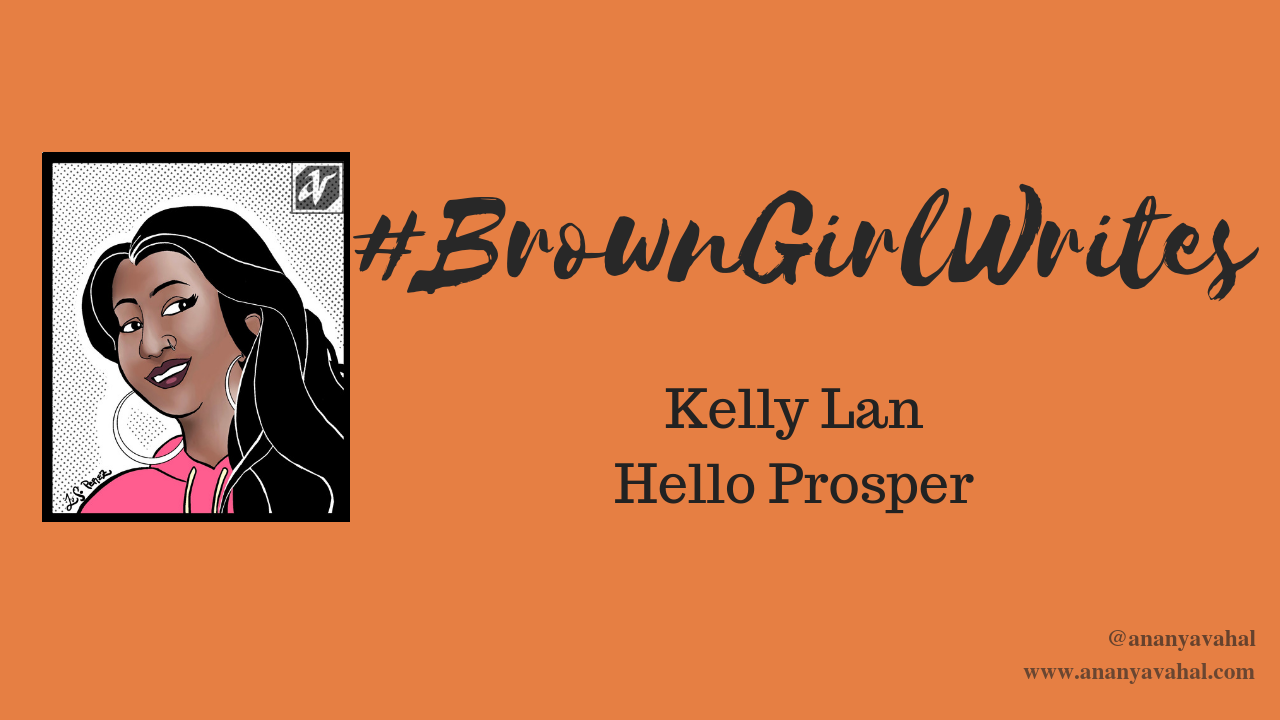
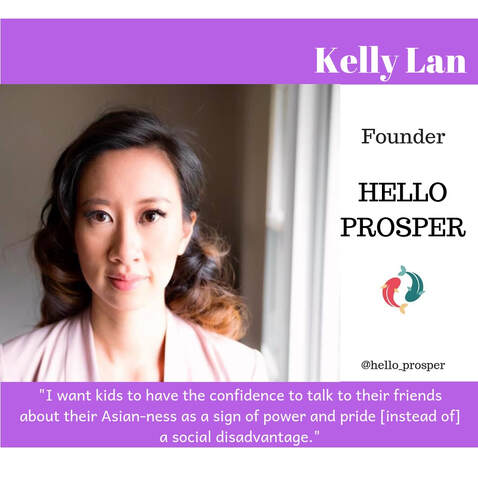
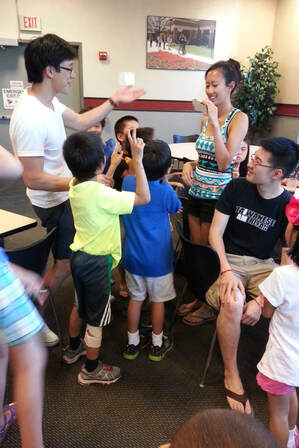

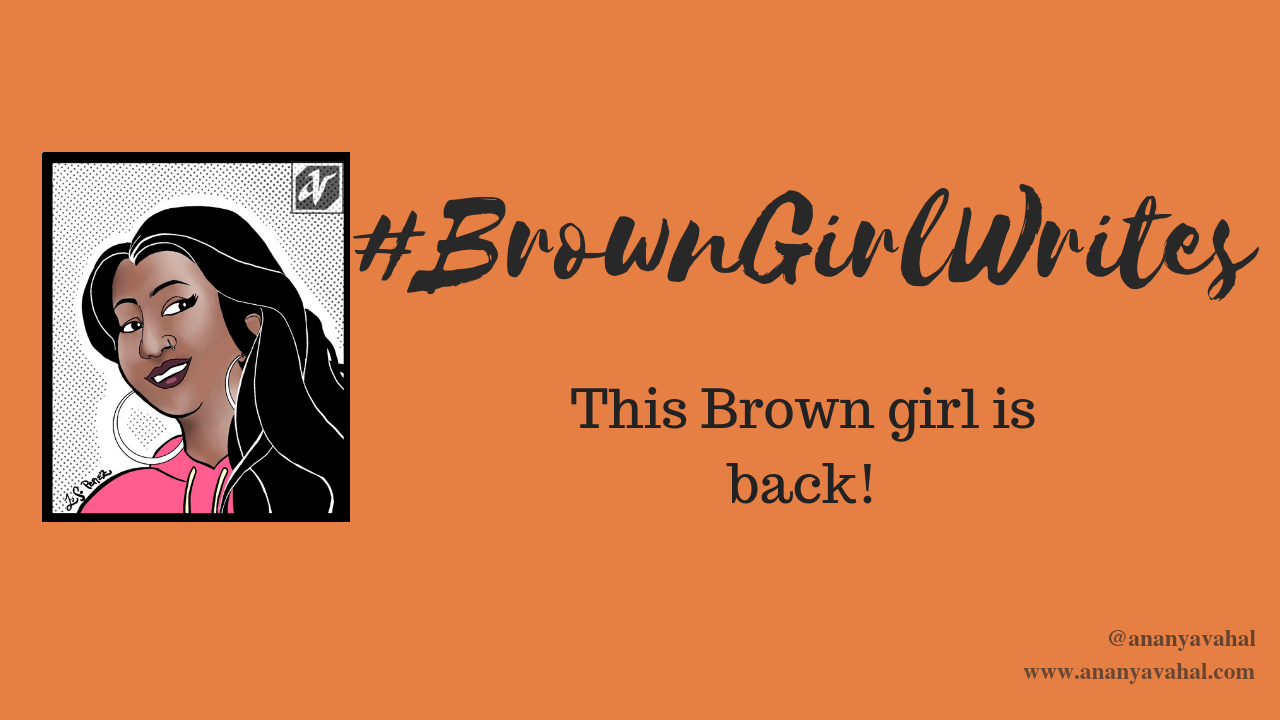
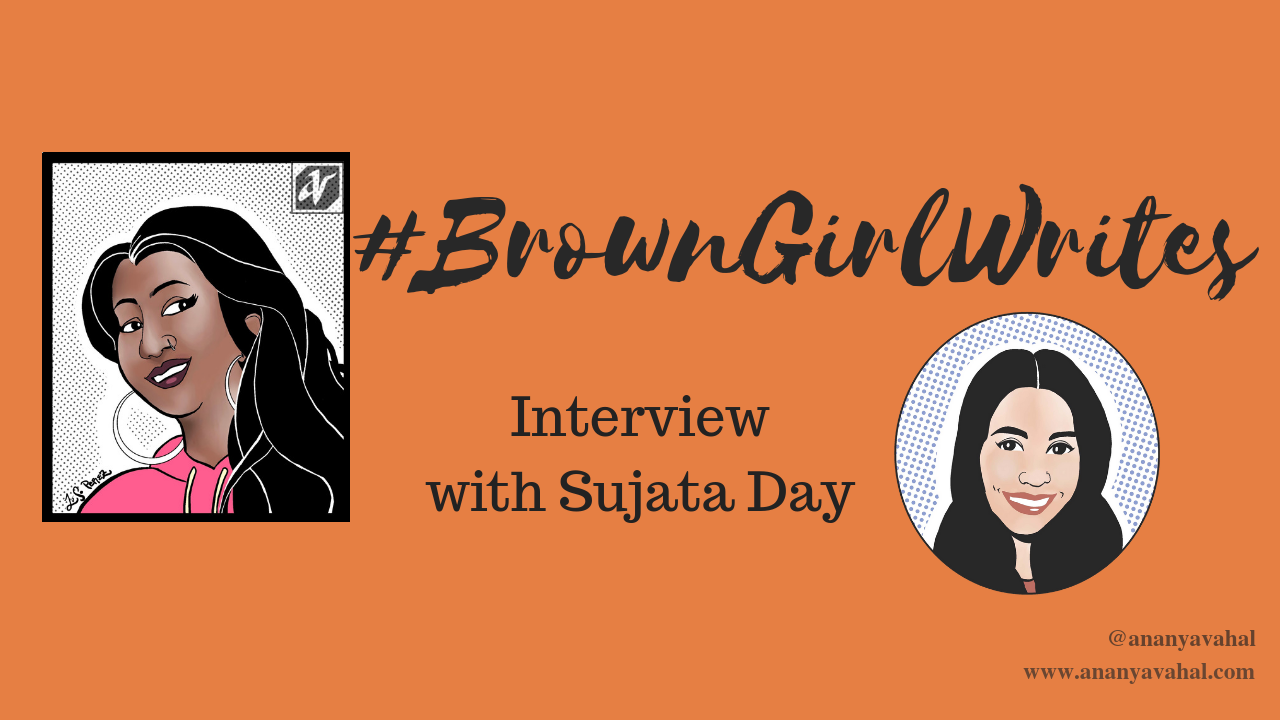
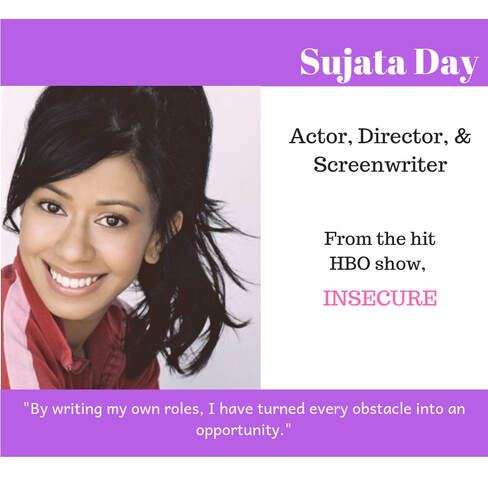
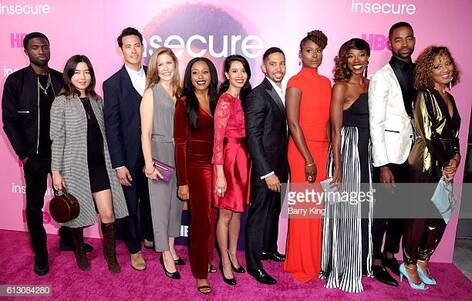
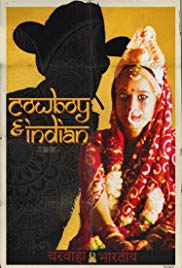
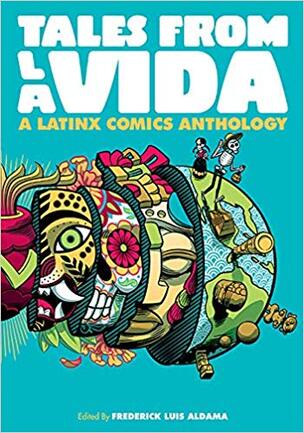
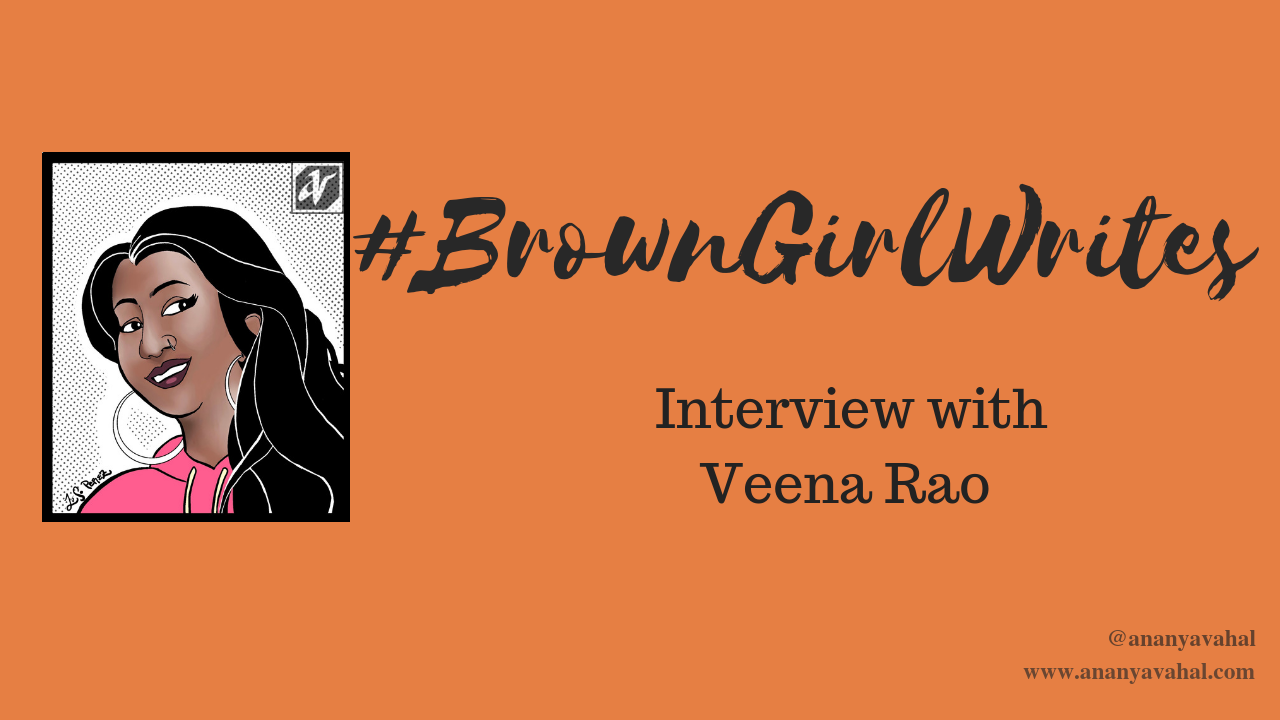
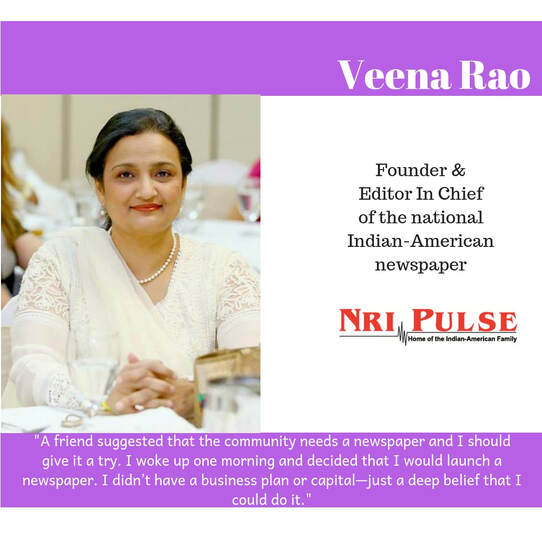
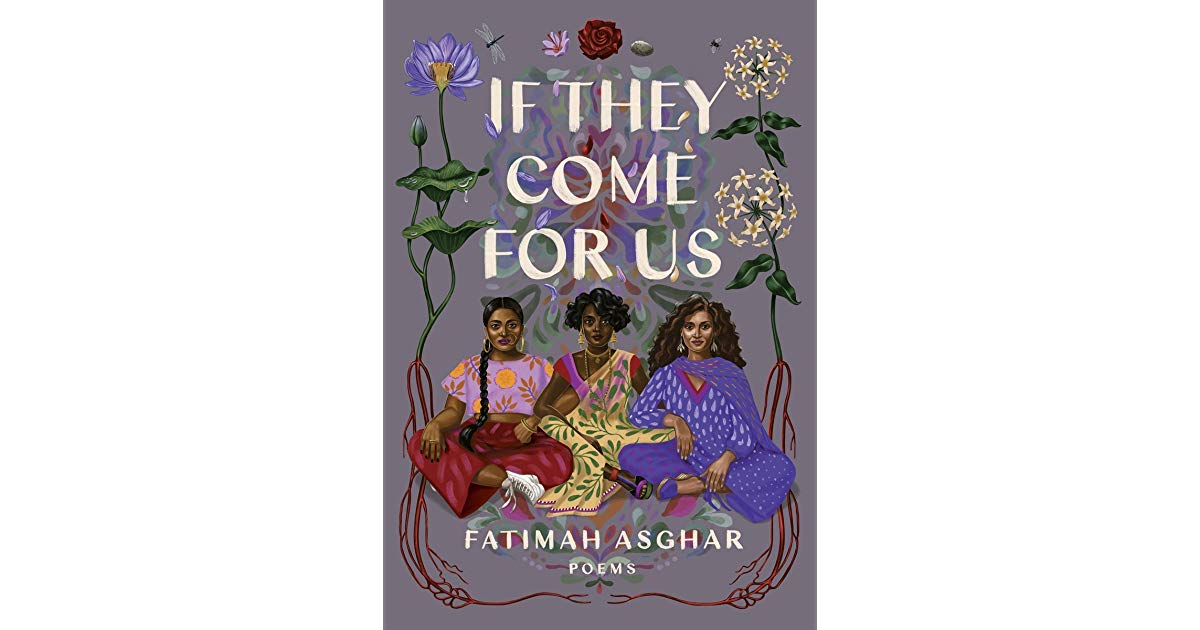
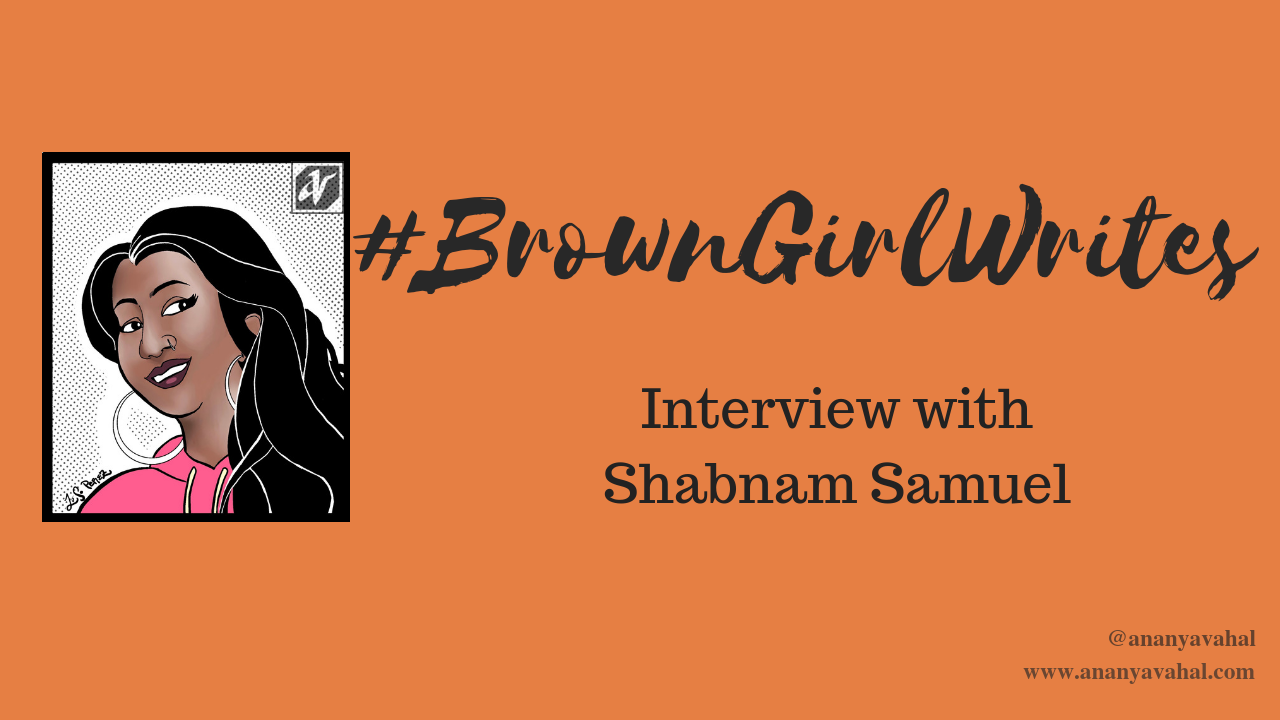
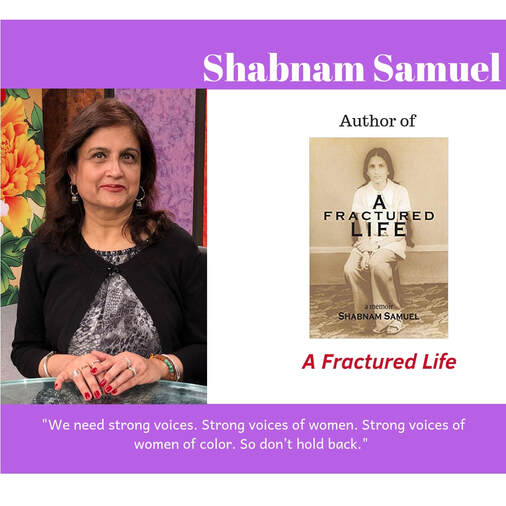
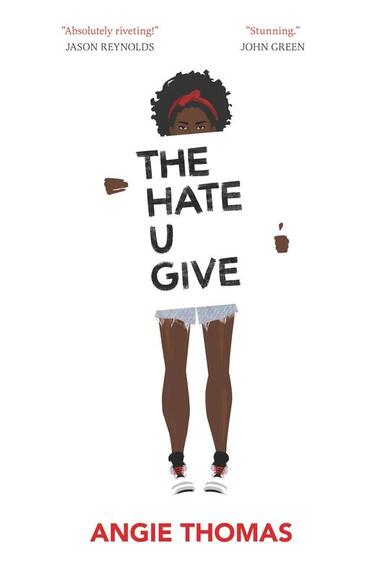
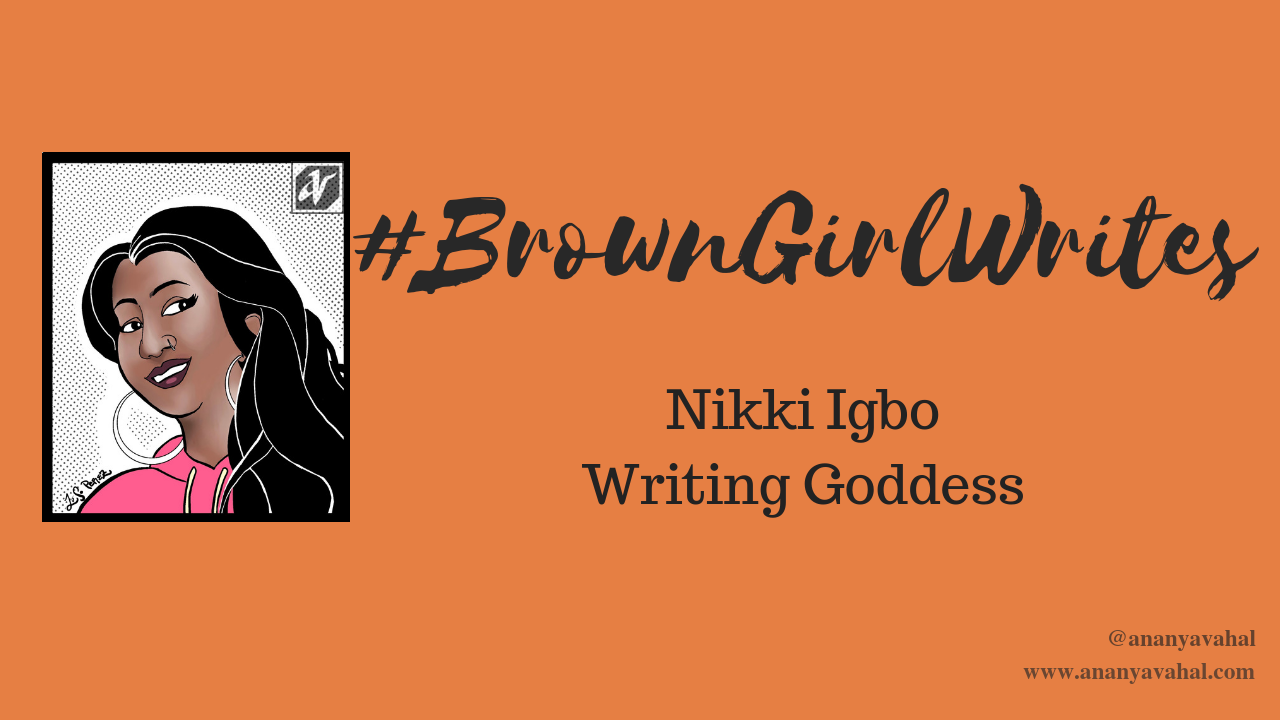
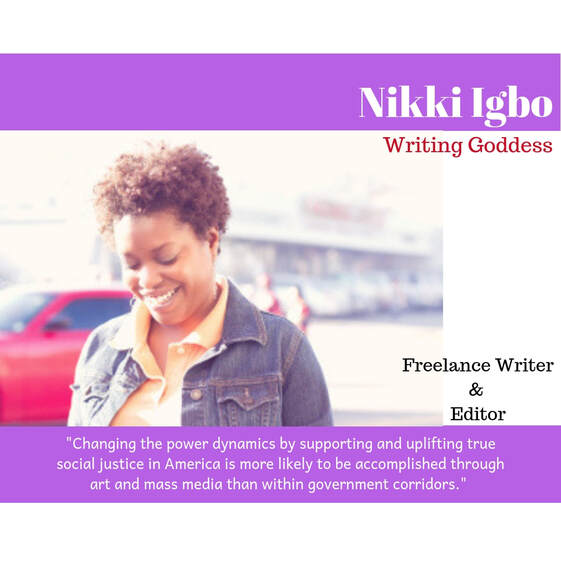
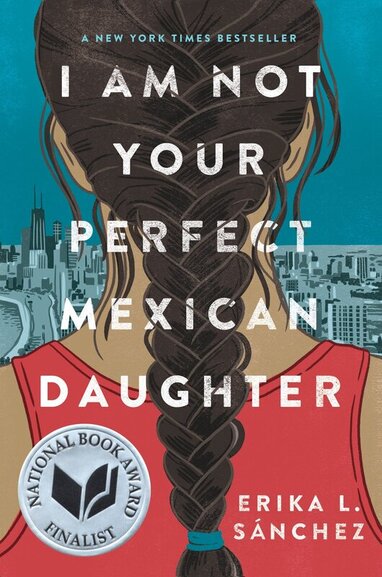
 RSS Feed
RSS Feed
